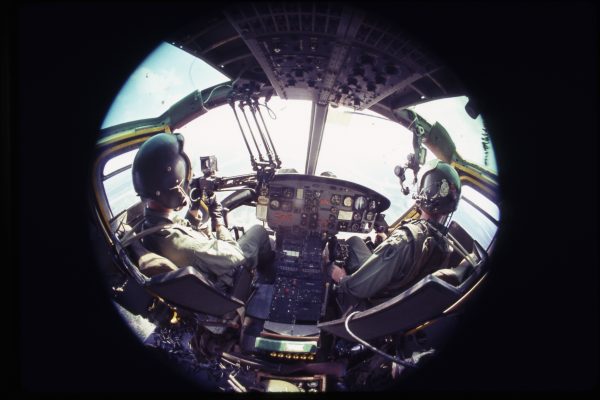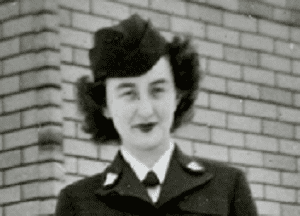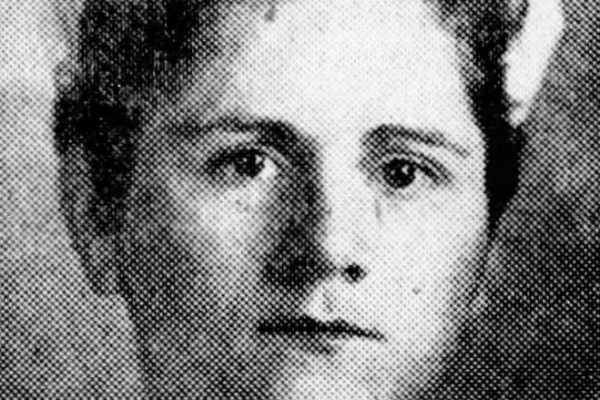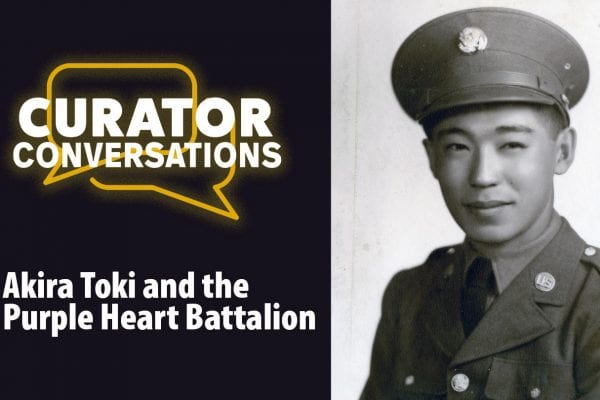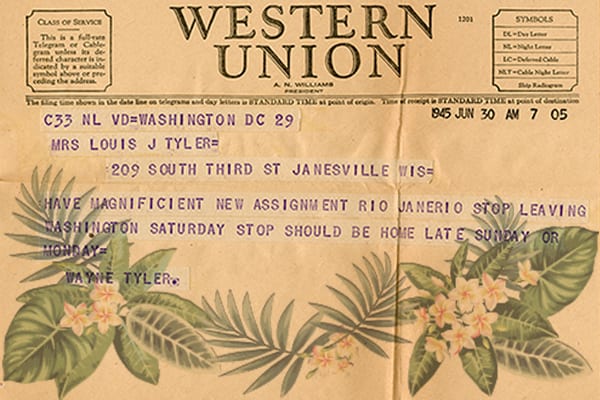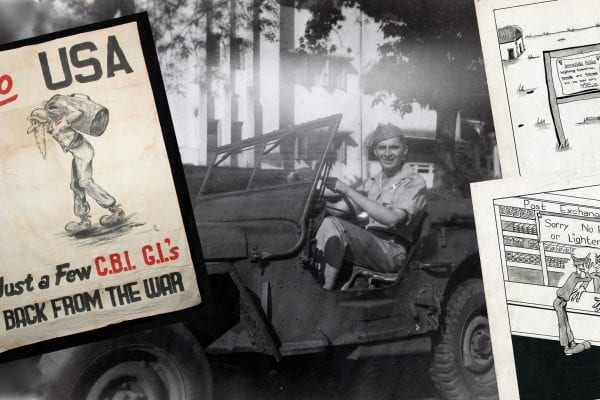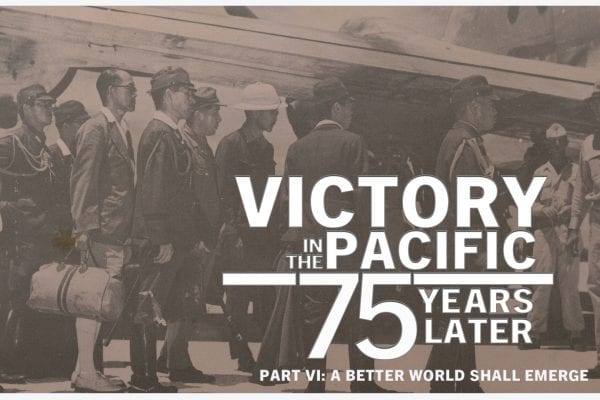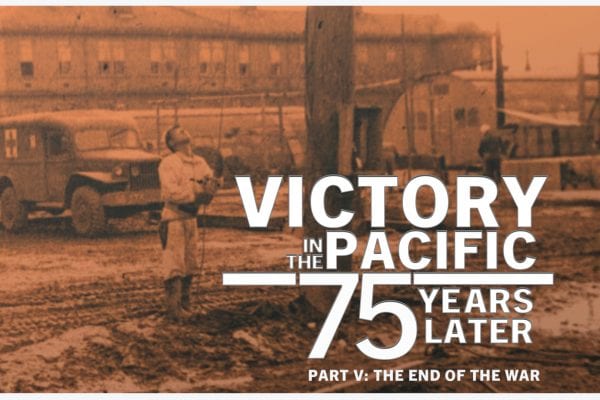Looking for Light
Looking for Light - in this blog, which is an extension of the article in the Winter 2023 issue of The Bugle, we’re sharing more background on the images featured in the magazine. The variations of light captured in these images vary from heavenly cloud formations to battle silhouettes. They
Betty M. Prieve: A Song for the Holiday
Betty Mae Whitney Prieve was a Merrill, Wisconsin, native. She joined the United States Navy in 1942. She trained as an airplane mechanic in Norman, Oklahoma, before transferring to Lakehurst, New Jersey. In 1944, shortly after the combat related death of her brother, she volunteered for duty at Pearl Harbor
Marcia Gates: Angel of Bataan in the Lost Battalion
The fall of the Philippines in 1942 left a deep scar on the lives of many Wisconsinites. In honor of International Nurses Day, we remember the nurses from our state who became prisoners of war following the 1942 fall of Bataan and capture of Corregidor. One especially tenacious servicemember who
Curator Conversations – Akira Toki and the Purple Heart Battalion
Tune in to this Curator Conversations and be inspired by the bravery of Japanese-Americans who served in the United States military during World War II. Many of the 20,000 Japanese-Americans who served, including a Madison, Wisconsin native named Akira Toki, did so as part of the 442nd Regimental Combat team. This unit was made up predominantly of Japanese-Americans who fought Nazis, prejudice, and questions
Curator Conversations – Tracing Private Ryan: World War II Genealogy
Are you interested in filling in the stories of your ancestors who are World War II veterans? Have you been trying but you’ve run into roadblocks? Let Wisconsin Veterans Museum Reference Archivist, Russ Horton help. Privacy laws, federal records destroyed in a fire, and a plethora of acronyms and military jargon
World War WHERE?
By Russell Horton Reference Archivist When Janesville native Louis Wayne Tyler was drafted into the U.S. Army during World War II, he probably imagined he would eventually deploy to the European or Pacific Theaters. He might have considered the possibility of going to North Africa or the China-Burma-India Theater. He
Just a Few C.B.I. G.I.s Back from the War
Written by Andrea Hoffman, Wisconsin Veterans Museum Collections Manager With the European and Pacific Theaters garnering most of the attention during World War II—both in regard to resources and the public’s interest—the China-Burma-India Theater became known as the “Forgotten Theater” despite its strategic significance during the war. In the early 1940s, the
Victory in the Pacific Part VI: A Better World Shall Emerge
Four days after Emperor Hirohito’s broadcast, a delegation of Japanese officials flew via Ie Shima to the Philippines to receive instructions about putting the surrender info effect. General Douglas MacArthur would govern Japan as Supreme Commander for the Allied Powers. On August 30 he flew to still-armed Japan in
Part V: THE END OF THE WAR
On June 18, the day General Buckner was killed, President Harry Truman met with his senior military and civilian advisors to discuss the next steps in the war against Japan. General MacArthur estimated 100,000 U.S. losses in the first 30 days of an invasion of the Japanese home islands, while
A Lesson in Resiliency From the Bataan Death March
At the end of the Spanish-American War in 1898, Spain ceded the Philippines to the United States. A Philippine insurrection against the United States began almost immediately and ended in 1902 with the United States controlling the territory until the Japanese invasion in December of 1941. Choosing deployment to the


